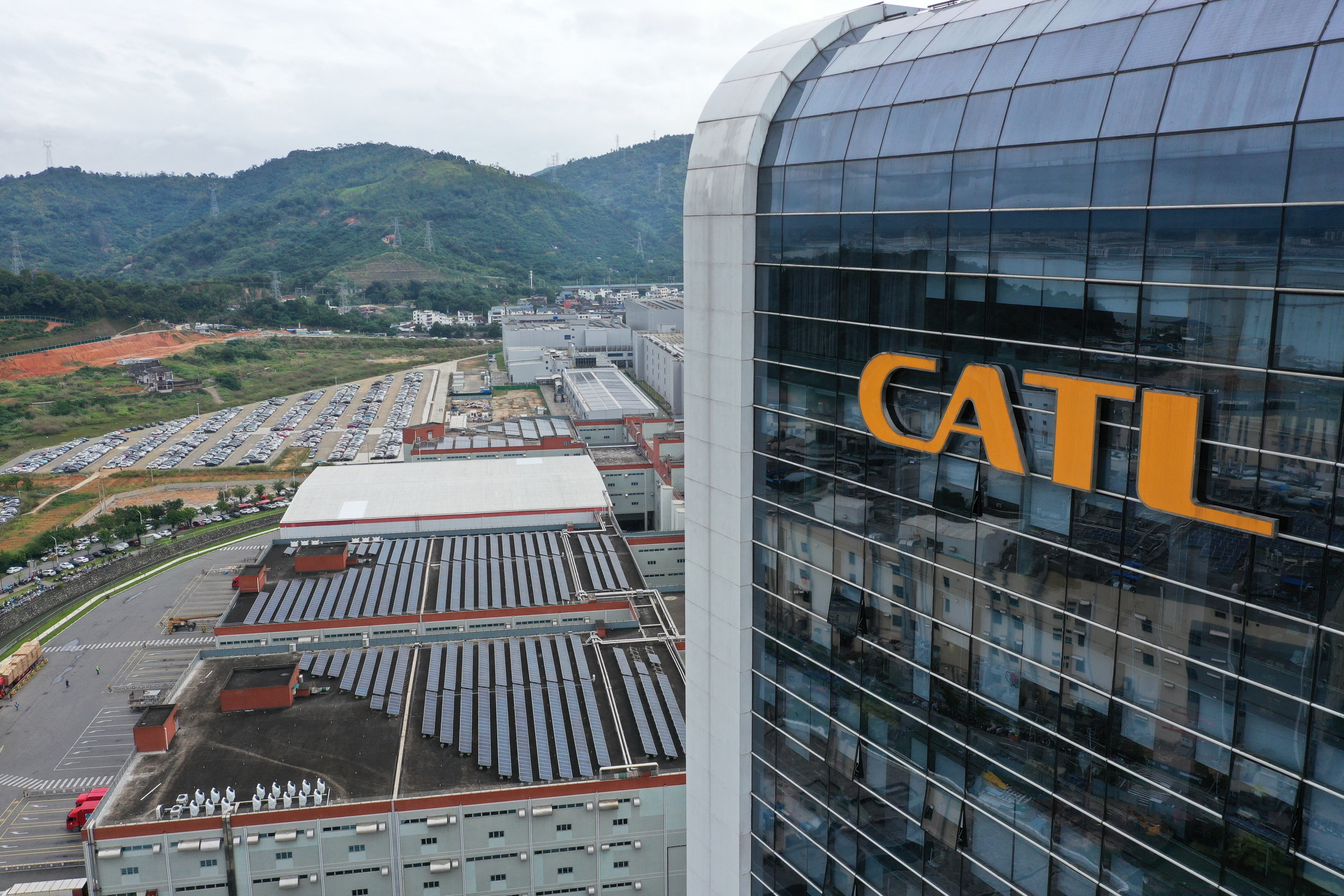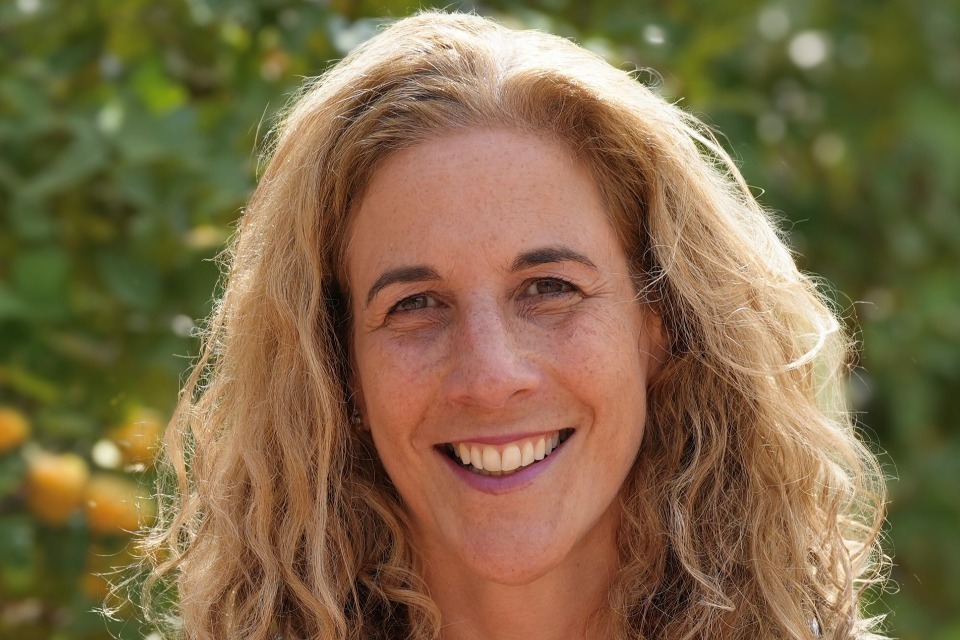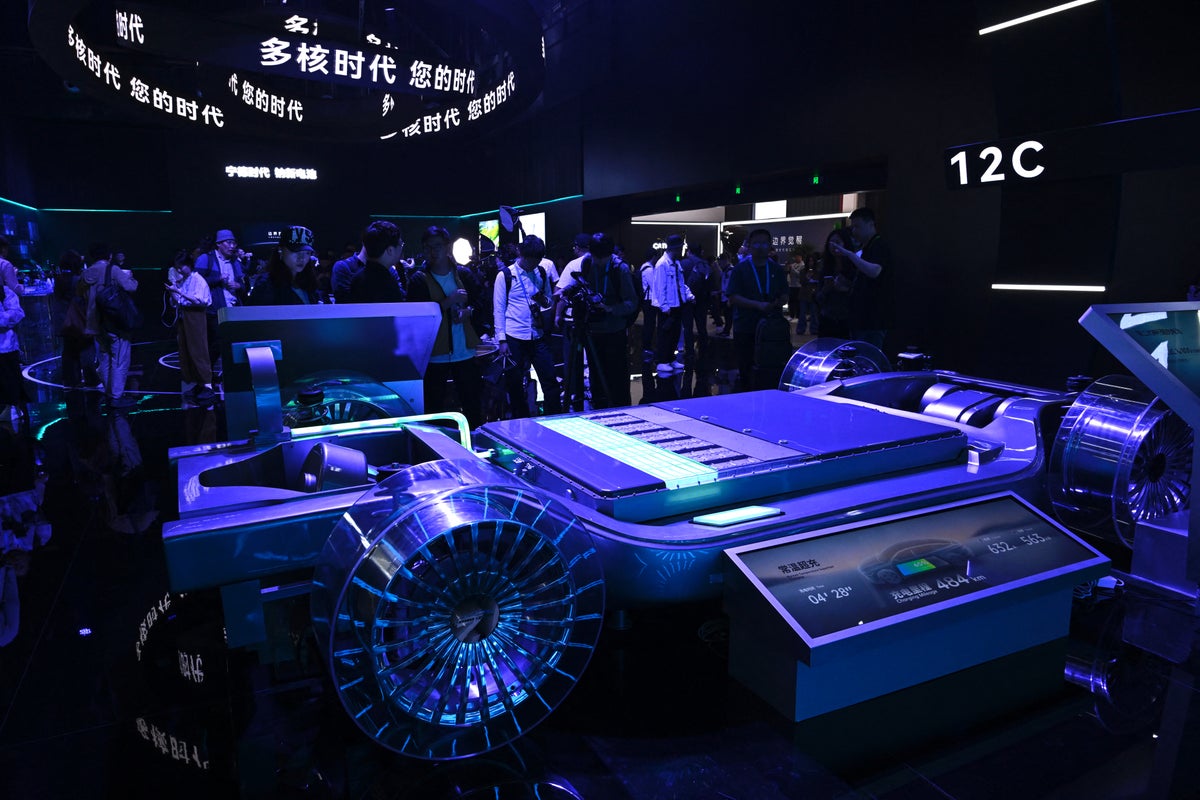China’s CATL, the world’s top EV battery maker, has unveiled new technologies that could make electric cars cheaper, faster to charge, better in cold weather, and capable of longer range – bringing them closer to competing with petrol vehicles.
On Monday, CATL unveiled a new brand for its sodium-ion batteries called Naxtra, which is expected to enter mass production by December.
The company also introduced the second generation of its fast-charging battery – Shenxing – for electric vehicles. CATL was the first major battery manufacturer to debut a sodium-ion battery back in 2021.
Experts note that sodium, being inexpensive and widely available, offers a safer alternative to other battery materials, with the potential to lower fire risks in electric vehicles.
Key innovations include graphite-free auxiliary batteries, the biggest surprise by CATL, that boost energy density and act as a backup, a charging system that adds 320 miles of range in five minutes, and sodium-ion batteries that perform well in extreme cold, The New York Times reported.
While some advances will take 2–3 years to reach the market, they mark a significant step forward in EV technology, experts note. CATL, short for Contemporary Amperex Technology Company Ltd, manufactures around one-third of the world’s electric vehicle batteries and supplies 16 of the leading global automakers, including General Motors and Tesla’s Shanghai plant.
According to Reuters, CATL’s billionaire founder, Robin Zeng, believes sodium-ion batteries could eventually take over as much as half of the current market for lithium iron phosphate (LFP) batteries, a segment where CATL currently holds a dominant position.

BYD, a leading manufacturer of electric vehicles and batteries, and Huawei, a Chinese electronics giant increasingly involved in auto parts manufacturing, have also unveiled supercharging systems that enable a five-minute charging time. Last year in November, BYD announced that it would launch a new generation of Blade Batteries in 2025. The Blade Battery, a more compact lithium-iron-phosphate battery, is touted by BYD’s chairperson, Wang Chuanfu, as being safer than other alternatives on the market and resistant to catching fire.
CATL’s Shenxing battery will power over 67 new EV models this year, though it’s unclear which version they’ll use. The company’s batteries are already in over 18 million vehicles across more than 66 countries. CATL also introduced a new system that connects battery packs in a way similar to the twin-engine setup in passenger jets, aiming to enhance the safety of electric vehicles.
CATL announced that its first customer for sodium-ion batteries would be freight trucks from First Auto Works, a manufacturer based in Changchun, in China’s cold northeastern region, where temperatures often drop well below zero.
The development of sodium-ion batteries has been a key focus for China’s electric vehicle industry due to the harsh winter conditions in the northern provinces, which border Mongolia and Siberia.
Meanwhile, the heavy tariffs imposed by Donald Trump on China could increase the price of parts and cars, potentially affecting CATL’s production and market competitiveness. CATL executives declined to comment on the impact of these tariffs. According to reports, the US Defence Department added CATL to a list of companies it alleges have ties to the Chinese military, a claim that CATL has denied.



